Best movies like I'm Going To You
A unique, carefully handpicked, selection of the best movies like I'm Going To You Starring Alla Demidova, Nikolay Olyalin, Olga Mateshko, Klara Luchko, and more. If you liked I'm Going To You then you may also like: 1408, Ukraine in Flames, Ukrainian Rhapsody, The Undefeated, Evenings on a Farm near Dikanka and many more popular movies featured on this list. You can further filter the list even more or get a random selection from the list of similar movies, to make your selection even easier.
The main motive of the film - a tragic love of Lesya Ukrainka to Marxist revolutionary Sergei Merzhinskiy. The film is about the poetess' trip to her beloved, in the literal and metaphorical sense at the same time.
You may filter the list of movies on this page for a more refined, personalized selection of movies.
Still not sure what to watch click the recommend buttun below to get a movie recommendation selected from all the movies on this list
Ukraine in Flames
A 1943 Soviet documentary war film by Ukrainian director Alexander Dovzhenko and Yuliya Solntseva. It is Dovzhenko's second World War II documentary, and dealt with the Battle of Kharkov. The film incorporates German footage of the invasion of Ukraine, which was later captured by the Soviets.
Ukrainian Rhapsody
Singer Oksana has lost her beloved in the war. Everyone thinks he perished, but actually he was taken prisoner, then ran away, hid, fell into American hands, and… Finally, he returns to his village, and meets Oksana. —Yerevan International Film Festival
The Undefeated
In 1950, long after the world has finished fighting World War II, a fight continues behind the newly drawn Iron Curtain: as the Ukrainians keep fighting both Nazi and Soviet abuses, General Roman Shukhevych (Hryhoriy Hladiy) is forced by brutal circumstances and his own sense of honor and duty to lead this effort as an underground war. As portrayed by the film, Shukhevych is a genteel family man who is also a complex character (revolted by ethnic discrimination, a music lover and a military genius) that with his charisma fuels his countrymen with desire for freedom. In the end, Shukhevych's efforts are unable to defeat the Soviets despite paying for his resistance with his life, but they re-enforce Ukrainian patriotism as an underground force until Ukraine finally recovers its freedom from Soviet tyranny.
Evenings on a Farm near Dikanka
The story that happened on the farm near Dikanka on the night before Christmas, when the village blacksmith Vakula, having saddled the Devil, brought to his beloved Oksana, the daughter of a rich Cossack Chub, queen's "сherevichki"(the little women shoes) from the capital — St. Petersburg.
The Color of Pomegranates
The life of the revered 18th-century Armenian poet and musician Sayat-Nova. Portraying events in the life of the artist from childhood up to his death, the movie addresses in particular his relationships with women, including his muse. The production tells Sayat-Nova's dramatic story by using both his poems and largely still camerawork, creating a work hailed as revolutionary by Mikhail Vartanov.
Bloodsuckers
When a young man wants to marry a poor girl, her cousin envies her very much. She even makes everybody believe that the main character was in love with her. He escapes from many difficulties in order to find his beloved who also became trapped in a luxurious villa with some strange relatives. The people inside villa are vampires, they were called upyri in those days in Russia. They suck blood of anyone who comes to see them. The young man too much in love so he looses his head and goes directly to the nest of vampires.
The Sicilian
Egocentric bandit Salvatore Giuliano fights the Church, the Mafia, and the landed gentry while leading a populist movement for Sicilian independence.
Mother
The social ferment in late 19th century Russia which led to the 1917 Russian Revolution is movingly portrayed in this lengthy historical drama, which is very faithful to the 1907 novel The Mother by the celebrated Marxist writer Maxim Gorky (1868-1936). In the story, "the mother" (Inna Tchourikova) has no other recourse than to watch her decent, kindly husband turn into an animalistic, drunken brute as a result of working in the inhuman conditions of a steel mill in the town of Sormovo. When he begins to express his suppressed rage by beating her, she is defended by her teenaged son Pavel (depicted Viktor Rakov as an adult, Sacha Chichonok as a boy). After his father's death, Pavel is forced to go to work in the same factory. However, Pavel and his friends begin investigating Marxism and socialist thought, and work to organize their fellow workers.
Priest of Love
Following the banning and burning of his novel, "The Rainbow," D.H. Lawrence and his wife, Frieda, move to the United States, and then to Mexico. When Lawrence contracts tuberculosis, they return to England for a short time, then to Italy, where Lawrence writes "Lady Chatterley's Lover."
Tevye
Tevye is a dairyman in the Russian Ukraine early in the 20th century. He lives in a cabin outside Boyberik with his wife Goldie, his widowed daughter Tseytl, her two children, and his younger daughter, the unmarried Khave. Khave is being courted by Fedya, a Christian, the son of a local government official. Tevye warns Khave against romance and marriage outside her faith, but Fedya is persuasive too. What will Khave decide, how will Tevye react, and when the Tsar initiates a pogrom, will Tevye's friends come to his defense? Can the stubborn Tevye reconcile his heart and tradition?
Intervention
The movie is set during the last days of a foreign intervention against Soviet Russia. Police are searching everywhere for a Bolshevik named Brodsky but cannot find him. Meanwhile, a man named Michel Voronov serves as a teacher to a rich woman's son, Zhen'ka.
Mr. Jones
In 1933, Welsh journalist Gareth Jones travels to Ukraine, where he experiences the horrors of a famine. Everywhere he goes he meets henchmen of the Soviet secret service who are determined to prevent news about the catastrophe from getting out. Stalin’s forced collectivisation of agriculture has resulted in misery and ruin—the policy is tantamount to mass murder.
The Midwife
A desperate woman tries to make sense of the supernatural occurrences bringing chaos to her young family. Things take a turn when the midwife pays a visit.
Blue
Against a plain, unchanging blue screen, a densely interwoven soundtrack of voices, sound effects and music attempt to convey a portrait of Derek Jarman's experiences with AIDS, both literally and allegorically, together with an exploration of the meanings associated with the colour blue.
Underground
Underground is a 1976 documentary film about the Weathermen, founded as a militant faction of the Students for a Democratic Society (SDS), who fought to overthrow the U.S. government during the 1960s and 1970s. The film consists of interviews with members of the group after they went underground and footage of the anti-war and civil rights protests of the time. It was directed by Emile de Antonio, Haskell Wexler and Mary Lampson, later subpoenaed by the Federal Bureau of Investigation in an attempt to confiscate the film footage in order to gain information that would help them arrest the Weathermen. (Wikipedia)
Destination Nicaragua
Documentary about a group of Americans who go to Nicaragua to learn about the conflict between the Contras and the Sandinistas.
Tasmanian Devil: The Fast and Furious Life of Errol Flynn
The story of Tasmanian-born actor Errol Flynn whose short & flamboyant life, full of scandals, adventures, loves and excess was largely played out in front of the camera - either making movies or filling the newsreels and gossip magazines. Tragically he was dead from the effects of drugs and alcohol by the time he was only 50 & the myths live on. But there is another side of Flynn that is less well known - his ambitions to be a serious writer and newspaper correspondent, his documentary films and his interest in the Spanish Civil War and Castro's Cuba
Lev Tolstoy
The film consists of two parts: “Insomnia” and “Departure”. We shall meet Lev Tolstoy in the final years of his life at Yasnaya Polyana. We shall see him surrounded by his family, friends, acquaintances and absolute strangers who were coming to the great man and artist from all over the world. We shall hear “the voice of his thoughts”. In his sleepless nights, we shall follow his memory of the happy youthful years and the crucial, hard ones. We shall witness Tolstoy’s tragic departure from Yasnaya Polyana and his death at an obscure little station of Astapovo.
Hostile Whirlwinds
About the first years of the formation of Soviet power, about the life and work of Feliks Dzerzhinsky in 1918-1925. The film covers the most important episodes of his biography. In July 1918, as a result of a revolt of the Left Socialist Revolutionaries, the German ambassador Mirbach was killed. Feliks Dzerzhinsky alone goes to the headquarters of the Left Socialist Revolutionaries and Anarchists, he manages to persuade ordinary soldiers and sailors, participants in the rebellion, who are now cracking down on their leaders. In 1921, Dzerzhinsky was aimed at combating homelessness, as a result of which, by 1925, former homeless children, having completed their studies, were sent to the construction of Yugostal, the largest industrial plant in Ukraine.
A Slave of Love
Olga Voznesenskaya is a silent screen star whose pictures are so popular that underground revolutionaries risk capture to see them. She's in southern Russia filming a tear-jerker as the Bolsheviks get closer to Moscow. Although married, she spends time every day with Victor Pototsky, the film's cameraman. Gradually, it comes to light that Victor uses his job as a cover for filming White atrocities and Red heroism: he's a Bolshevik. He asks her for help, and she discovers meaning in her otherwise flighty and self-centred life. Love blooms. Will the Red forces arrive in time to save them from a suspicious White military leader? Will she find courage?
The Shoplifters
A series of tableaux depicting the follies of a group of naïve Marxist would-be radicals who think that they want to be revolutionaries, but in the final analysis, what they really want is to be seen wearing berets.
The Last Command
A former Imperial Russian general and cousin of the Czar ends up in Hollywood as an extra in a movie directed by a former revolutionary.
Song of the Forest
Among the inhabitants of the fantastic realm lived a beautiful girl Mavka forest. Gentle voice piped woke her from winter sleep swain Lucas, whom she dearly loved. Mavka leave their forest friends and go to the people. But then she meets up with her mother and Lukas Killeen - people selfish and heartless ...
A Story of the Forest: Mavka
Mavka, a water nymph, loves Lukash, a country youth. Their brief happiness ends when Lukash is forced to marry the shrewish Kilina. The Spirit of the Forest turns Lukash into a wolf as punishment for his infidelity. The strength of Mavka's love breaks the spell, but Kilina curses the nymph, transforming her into a weeping willow. This beautiful and tragic story is based on a play written in 1912 by Lesya Ukrainka, a Ukrainian poet, writer and political, civil and female activist, and includes mythological characters taken from Ukrainian folklore.
The Bigmoon Nights
The film "Nights full moon" shows the tendency of moral decay in society. The main character is torn apart by internal contradictions, leading him to the path of Evil. Bans on self-identification - philosophical, existential, sexual, and then permissiveness spawn a monster that is not aware of its true nature and genuine desires. Throughout the film-trilogy, the protagonist goes through a series of temptations that ruin his soul and lead, after all, to a madhouse. In a general sense, the film allegorically shows the tragic path of the Russian lumpen intellectual, lost between the past and the present, not finding the strength to accept and comprehend the unexpected changes that happened in our country twenty years ago. In the global sense - the tragic circle of Russian history.
Sveaborg
The film is based on history of the Russian Military garrison in Sveaborg (Suomenlinna, near Helsinki) in Finland, which was an autonomous part of Russian Empire. In 1906 Russia had about 12 thousand troops stationed in Sveaborg fortress. The riots were provoked by the Socialist - Revolutionaries who spread influence on the minds of Sveaborg garrison. First acts of un-subordination broke on July 17, 1906, when revolutionary sailors were supported by mine-men. Minemen were arrested and disarmed by the infantry regiment. Gunners decided to release their comrades. The following fight ignited a bloody revolt, that was headed by lieutenants A. Yemelyanov and Y. Kohansky, members of the Lenin's Bolshevik party. A general strike began in Helsinki on the next day. The revolt lasted three days and was crushed by the Baltic Fleet naval bombardment. Over 40 men were executed, hundreds were sentenced to prison.
A Span of Earth
The film is about the hot war summer of 1944. A group of several gun crews defends a tiny bridgehead on the right bank of the Dniester. The fates of the main characters: the front-line soldier-battalion commander Babin, the young lieutenant Motovilov, the nurse Rita Tamashova and the rank-and-file gunners, soldiers, among whom are brave people, faint-hearted and scoundrels, unnoticed heroes, are shown in a setting of several hours of peaceful life before another violent attack of the enemy, after which not everyone will survive...
The Kotsiubynsky family
The events of the film cover the story of the Kotsiubynsky family in the years 1912-1918, ending with the defeat of the Central Rada and the establishment of a Soviet republic in Ukraine in the spring of 1918.
I Want to Believe
Young journalist is investigating some tragic moments from the history of WWII.
Distraction for the Soul
Based on the novel by same name by Vladimir Makanin. A cabinetmaker falls in love with a poetess who is courted by a university professor. The cabinetmaker has a wife and two high school sons. He is confronted with a difficult choice between family and beloved woman...







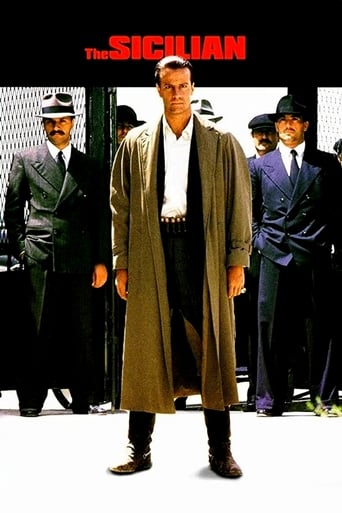
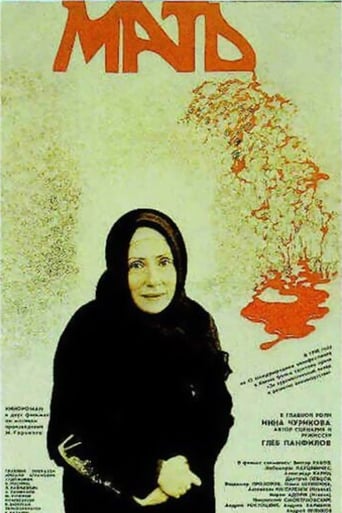



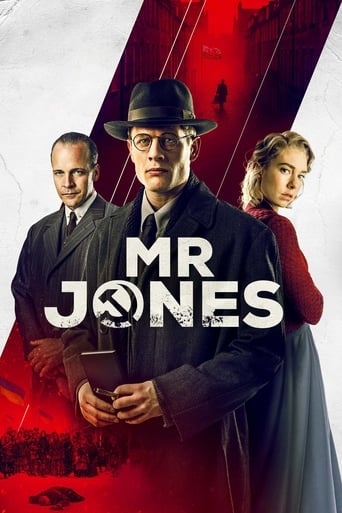




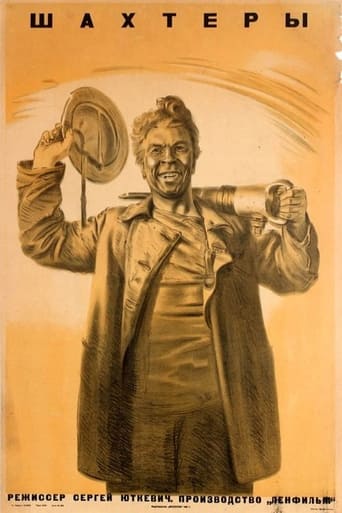





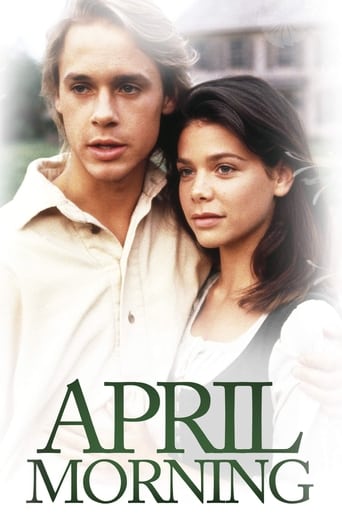





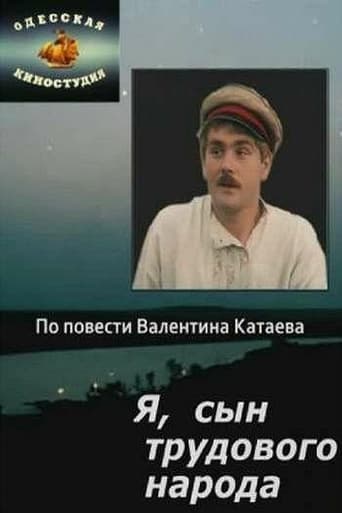






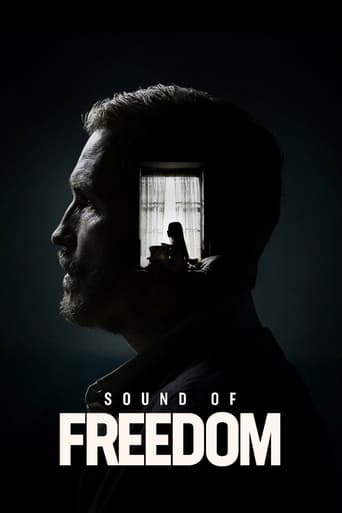
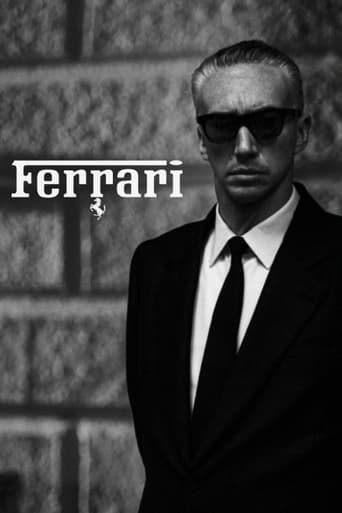
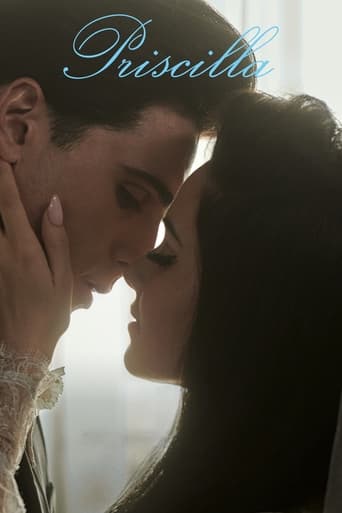
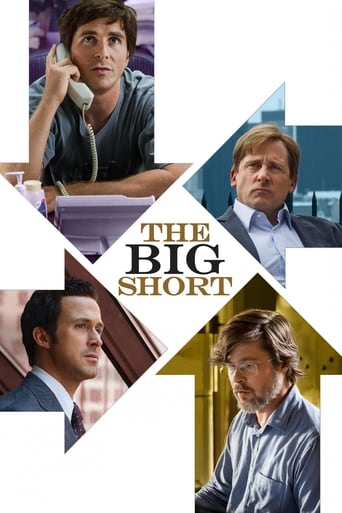
1408
A man who specializes in debunking paranormal occurrences checks into the fabled room 1408 in the Dolphin Hotel. Soon after settling in, he confronts genuine terror.